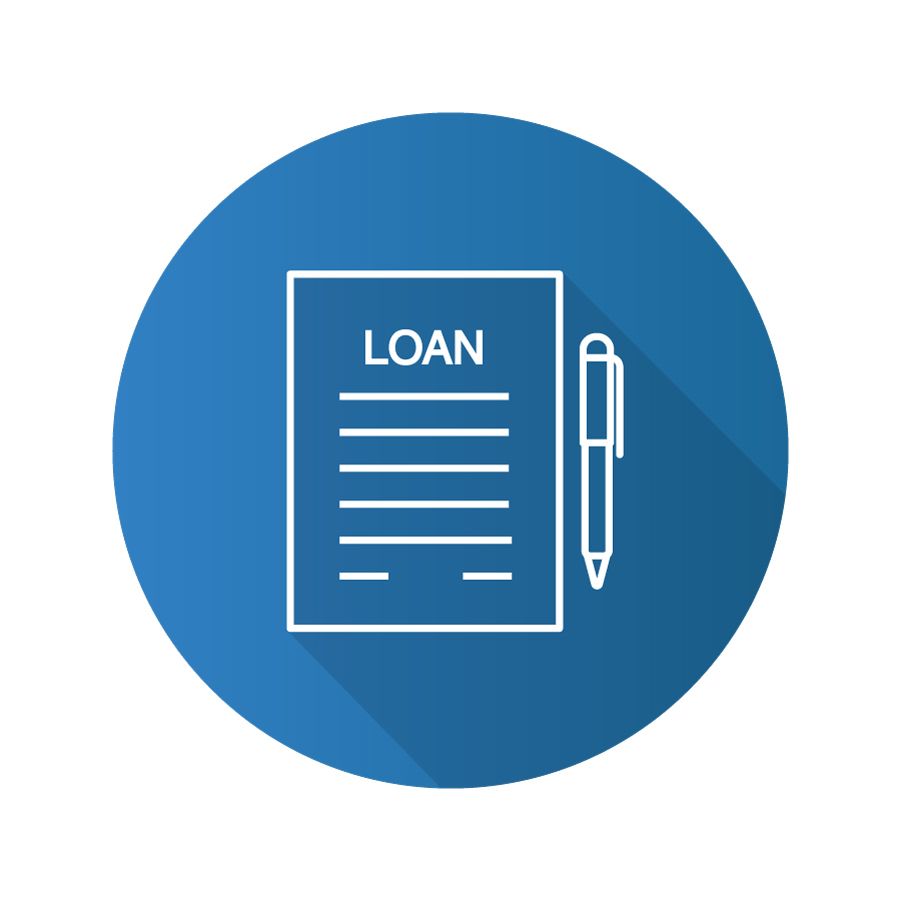About Our Programs
At Horizon of NC, we offer a range of programs created to fit the needs of all people, lifestyles, needs, and budgets. We want to match you with the most compatible lender and program. We are an equal housing lender, helping to choose the "right" loan for YOU.
Our programs include, but are not limited to:
1% Down Payment Conventional Loan
Home Ready
Home Possible
Flex Terms from 8-30 Years
USDA-Rural Housing
FHA Loans
Community Loans
Fixed Rates
Variable Rates
Jumbo Loans
VA Loans
No PMI Loans
Second/Vacation Homes
Investment/Rental Properties
Self-Employed
Modular Homes
Double Wides
Ask us about our USDA-Rural Housing program today!
Our programs include, but are not limited to:
1% Down Payment Conventional Loan
Home Ready
Home Possible
Flex Terms from 8-30 Years
USDA-Rural Housing
FHA Loans
Community Loans
Fixed Rates
Variable Rates
Jumbo Loans
VA Loans
No PMI Loans
Second/Vacation Homes
Investment/Rental Properties
Self-Employed
Modular Homes
Double Wides
Ask us about our USDA-Rural Housing program today!

